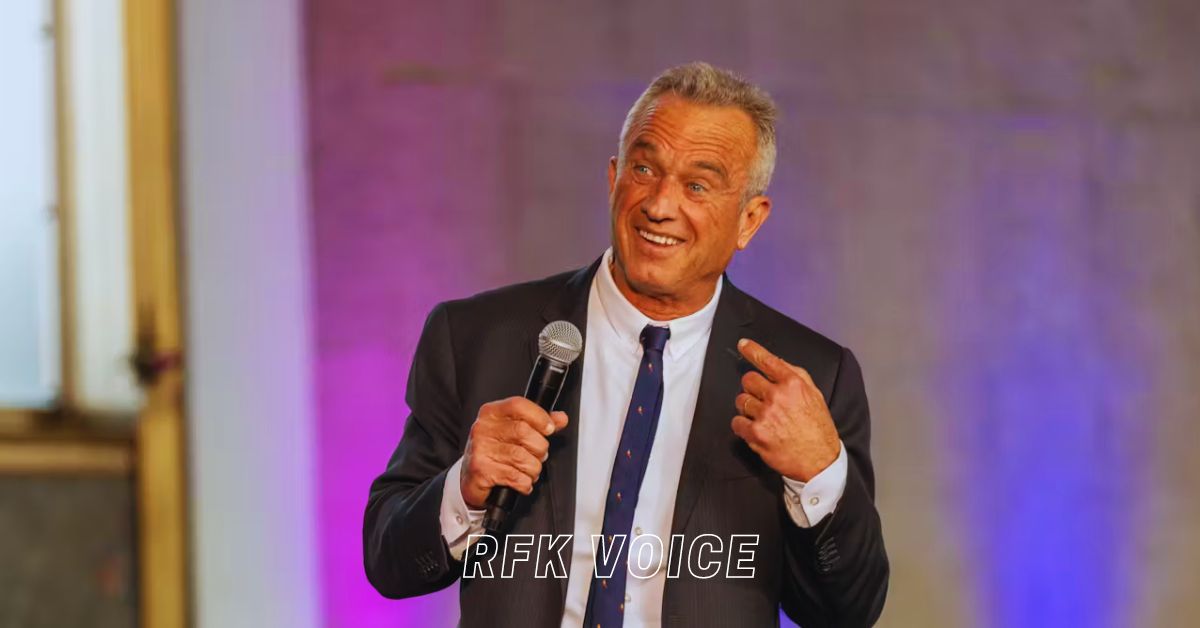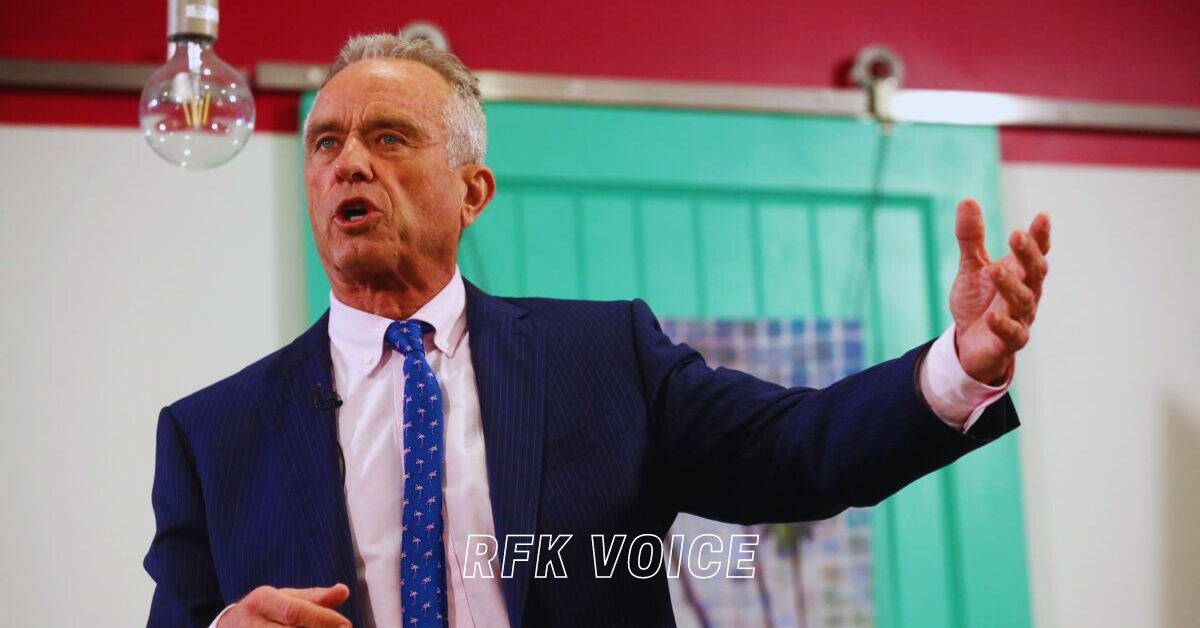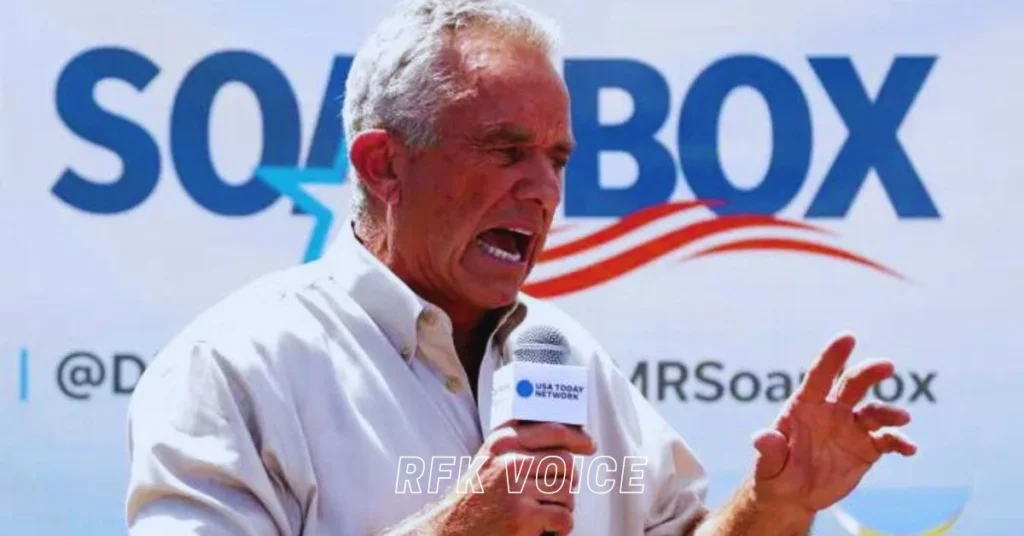Introduction
Robert F. Kennedy (RFK) remains a seminal figure in American political history. Known for his fervent speeches and impassioned oratory, RFK voice was more than just a tool of communication; it was a catalyst for change and a symbol of hope during tumultuous times. Born on November 20, 1925, RFK voice continues to resonate in the public consciousness, symbolizing his commitment to justice and social reform. This comprehensive analysis explores the various dimensions of RFK voice, from its historical context and impact to its enduring legacy.
Biography
| Full Name | Robert Francis Kennedy |
| Date of Birth | November 20, 1925 |
| Place of Birth | Boston, Massachusetts, USA |
| Date of Death | June 5, 1968 |
| Place of Death | Los Angeles, California, USA |
| Occupation | U.S. Attorney General, U.S. Senator |
| Political Affiliation | Democratic Party |
| Notable Positions | U.S. Attorney General (1961-1964), U.S. Senator from New York (1965-1968) |
| Key Contributions | Civil Rights Advocacy, Anti-Organized Crime Initiatives, Presidential Candidacy |
| Legacy | Influence on civil rights and social reform; lasting impact on American politics |
Historical Context of RFK’s Oratory
Robert F. Kennedy was born into a politically influential family, the Kennedy clan, which had a profound impact on his worldview and rhetorical style. His early exposure to politics and his experiences during World War II shaped his approach to public speaking. RFK’s voice became a powerful instrument during a period marked by civil rights struggles, social upheaval, and political assassinations. Understanding the historical context in which RFK delivered his speeches provides insight into the unique qualities of his oratory.
The Signature Sound
RFK voice was characterized by its distinct timbre and emotional intensity. It was a voice that commanded attention and conveyed deep empathy. His speech patterns often reflected a sense of urgency and conviction, resonating with audiences on a personal level. This section examines the tonal qualities and delivery style that made RFK voice memorable and impactful.
RFK’s Speech at the Democratic National Convention
One of the most iconic moments of RFK’s oratory was his speech at the 1964 Democratic National Convention. This address marked a pivotal moment in his political career, showcasing his ability to connect with the American people. The speech highlighted his vision for a more equitable society and his commitment to civil rights. Analyzing this speech reveals the effectiveness of RFK voice in conveying his political ideals.
The Power of RFK Voice in Civil Rights Advocacy
RFK voice played a crucial role in the civil rights movement. His speeches and public appearances demonstrated his unwavering support for racial equality and social justice. This section delves into specific instances where RFK voice amplified the message of the civil rights movement and helped to galvanize public support for change.
Fight Against Organized Crime
In addition to his civil rights work, RFK was known for his efforts to combat organized crime. As Attorney General, he used his voice to expose corruption and advocate for legal reforms. This section explores how RFK’s vocal advocacy contributed to significant legal and societal changes in the fight against organized crime.
The Impact of RFK Voice on American Politics
RFK’s influence extended beyond his immediate political achievements. His voice had a lasting impact on American politics, shaping public discourse and inspiring future leaders. This section examines how RFK’s oratory style and message influenced political debates and policy discussions long after his death.
1968 Presidential Campaign
During his 1968 presidential campaign, RFK voice was a key element of his campaign strategy. His speeches during this period were marked by a tone of optimism and a vision for a better America. This section analyzes how RFK voice resonated with voters and contributed to his popularity during the campaign.
Context of Assassination
RFK’s assassination on June 5, 1968, was a tragic event that shocked the nation. In the aftermath of his death, his voice continued to be a symbol of his ideals and aspirations. This section explores how RFK’s speeches and recordings have been preserved and how his voice continues to influence public memory and political discourse.
The Legacy of RFK Voice
The legacy of RFK voice extends beyond his lifetime. His speeches and recordings remain a testament to his vision and values. This section discusses how RFK voice has been remembered and revered in popular culture, education, and historical analysis.
RFK Voice in Modern Media and Culture
In contemporary media, RFK voice is often referenced and celebrated. Documentaries, books, and films have explored his life and speeches, keeping his message alive for new generations. This section examines how modern media continues to portray and interpret RFK voice.
The Emotional Resonance of RFK Voice
One of the defining features of RFK’s voice was its emotional resonance. His speeches often conveyed a deep sense of empathy and urgency, which endeared him to many. This section explores how RFK’s emotional delivery contributed to his effectiveness as a speaker and his ability to connect with audiences.
RFK Voice and its Influence on Future Orators
RFK’s oratory has influenced a generation of public speakers and politicians. His style and approach to communication have been studied and emulated by many. This section looks at how RFK voice has served as a model for effective public speaking and its impact on the art of oratory.
Conclusion
Robert F. Kennedy’s voice was a powerful instrument that left an indelible mark on American history. Born on November 20, 1925, RFK’s oratory skills, combined with his passion for social justice and reform, made his voice a beacon of hope and change. His speeches and public addresses continue to inspire and resonate, reflecting his enduring legacy in the fight for equality and justice. Through this exploration, we gain a deeper appreciation for the unique qualities of RFK’s voice and its lasting impact on the world.
Read More: Riko Shibata: A Comprehensive Overview of Her Life and Career







